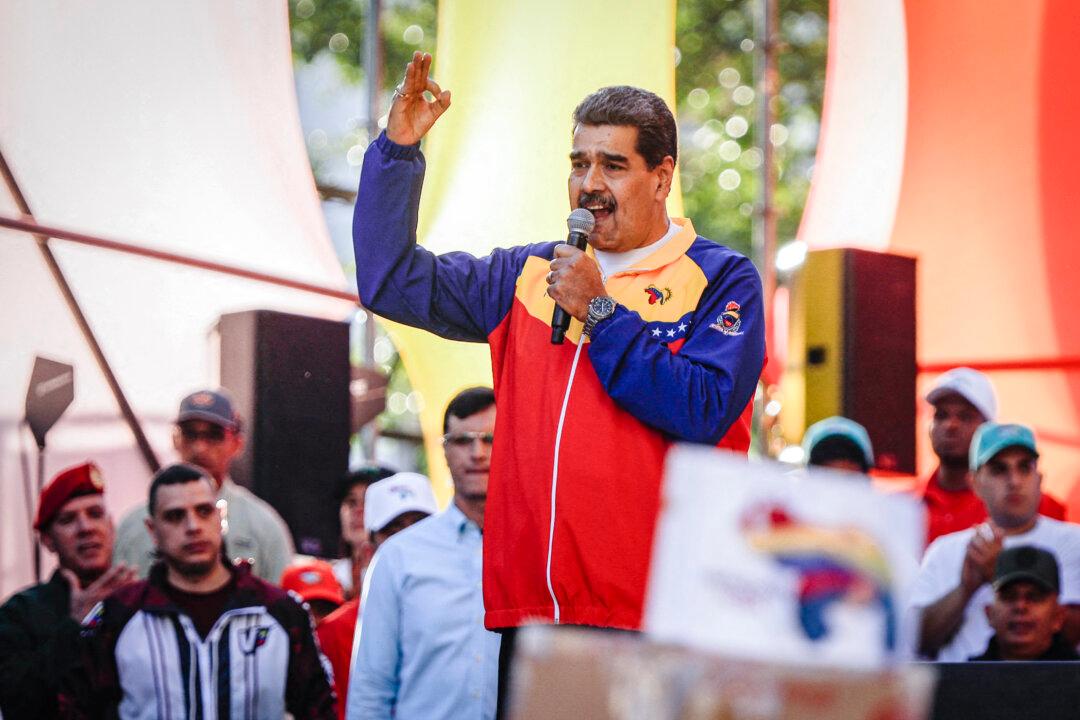One of the five members of Venezuela’s National Electoral Council has criticized what he calls a “grave lack of transparency and veracity” in last month’s presidential election process.
The National Electoral Council (CNE) declared the socialist incumbent, Nicolás Maduro, the winner despite evidence suggesting he had lost in a landslide to opposition candidate Edmundo González.





